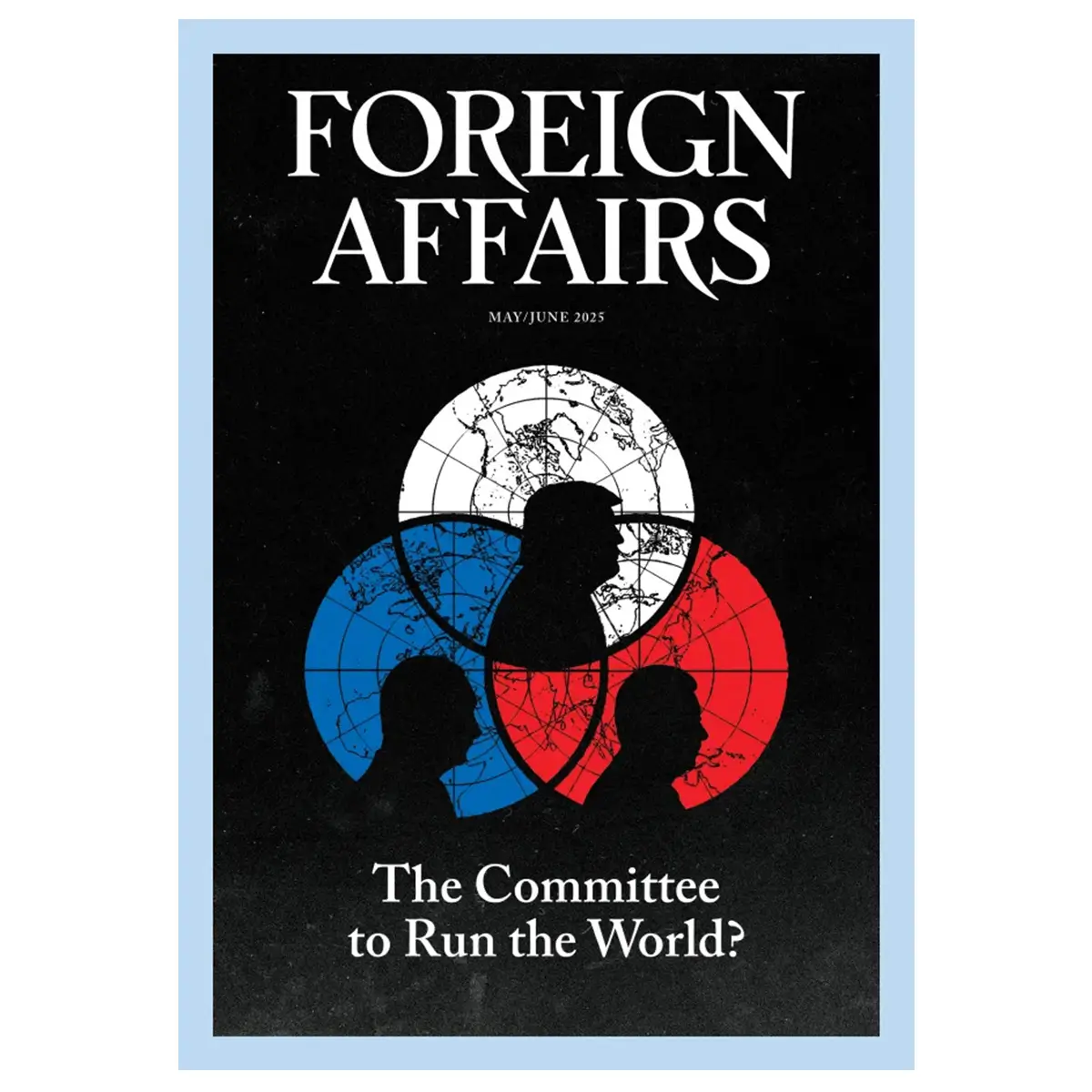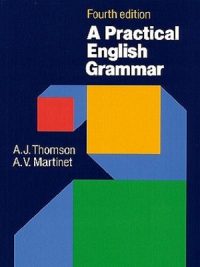Description
Foreign Affairs – May/June 2025 Edition
The Committee to Run the World?
Foreign Affairs May June 2025 Issue poses a vital question: “The Committee to Run the World?” This cover story explores whether global leadership is shifting toward a multipolar committee of powers. It analyzes whether a new informal alliance could shape international policy without a single dominant nation.
Global Power in Transition
International politics has entered a transitional phase. Traditional dominance by the United States is fading. At the same time, regional powers like China, Russia, and the EU are asserting influence. Together, these nations now push for shared control over global matters. Consequently, this issue evaluates how these players coordinate—or compete—in handling crises.
The Return of Strategic Triangles
In earlier decades, geopolitics revolved around binary rivalries. Today, however, triangular strategies dominate. For instance, China, the U.S., and Russia each attempt to balance their interests through delicate diplomacy. Moreover, economic cooperation intertwines with military standoffs. Thus, diplomacy has become both an art and a high-risk game.
Key Topics Covered
This issue covers major subjects including:
-
U.S. decline in global policymaking
-
China’s institutional rise in Asia
-
Russia’s diplomatic comeback in Europe
-
BRICS and the Global South’s emerging voices
-
Reform of the United Nations structure
-
Tech rivalry in AI and cybersecurity
-
Strategic energy alliances across continents
Each essay presents diverse perspectives and includes case studies from recent summits.
Important Features of This Issue
-
In-depth analysis by top scholars
-
Exclusive interviews with global diplomats
-
Region-wise breakdowns of strategic interests
-
Data-driven visuals and geopolitics maps
-
Recommendations for future global governance
Why You Should Read This
Firstly, the issue helps readers understand complex alliances. Secondly, it shows how today’s global leaders make strategic decisions. Thirdly, it highlights opportunities for multilateral cooperation. Finally, it warns of risks if coordination fails.
Final Thought
As power diffuses, global stability depends on effective collaboration. This edition suggests that a small group of influential nations may now act as the de facto global boardroom. Therefore, understanding their agendas is essential for anyone concerned about the world’s future direction. Foreign Affairs May June 2025 Issue






